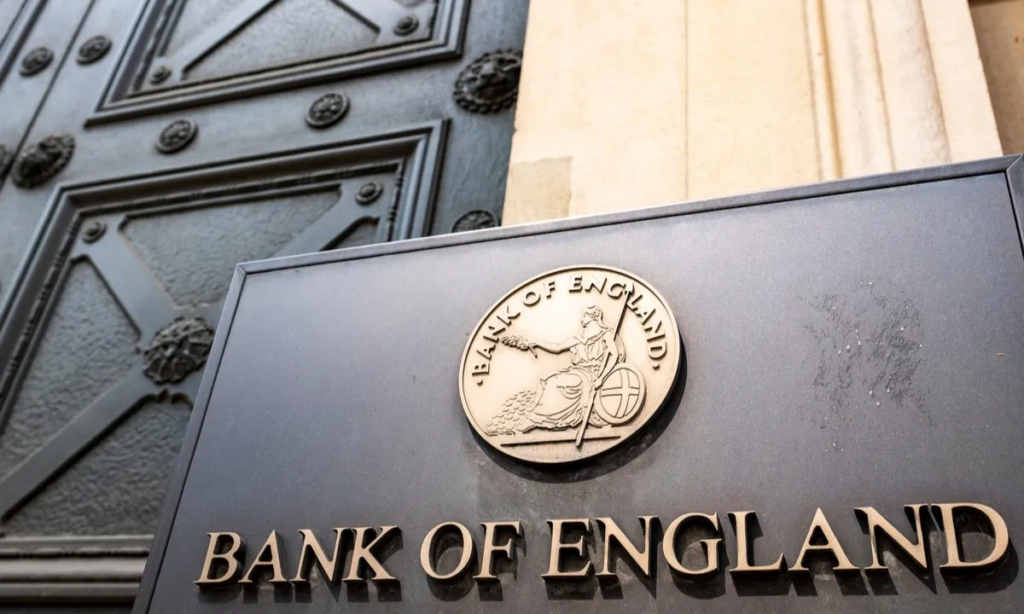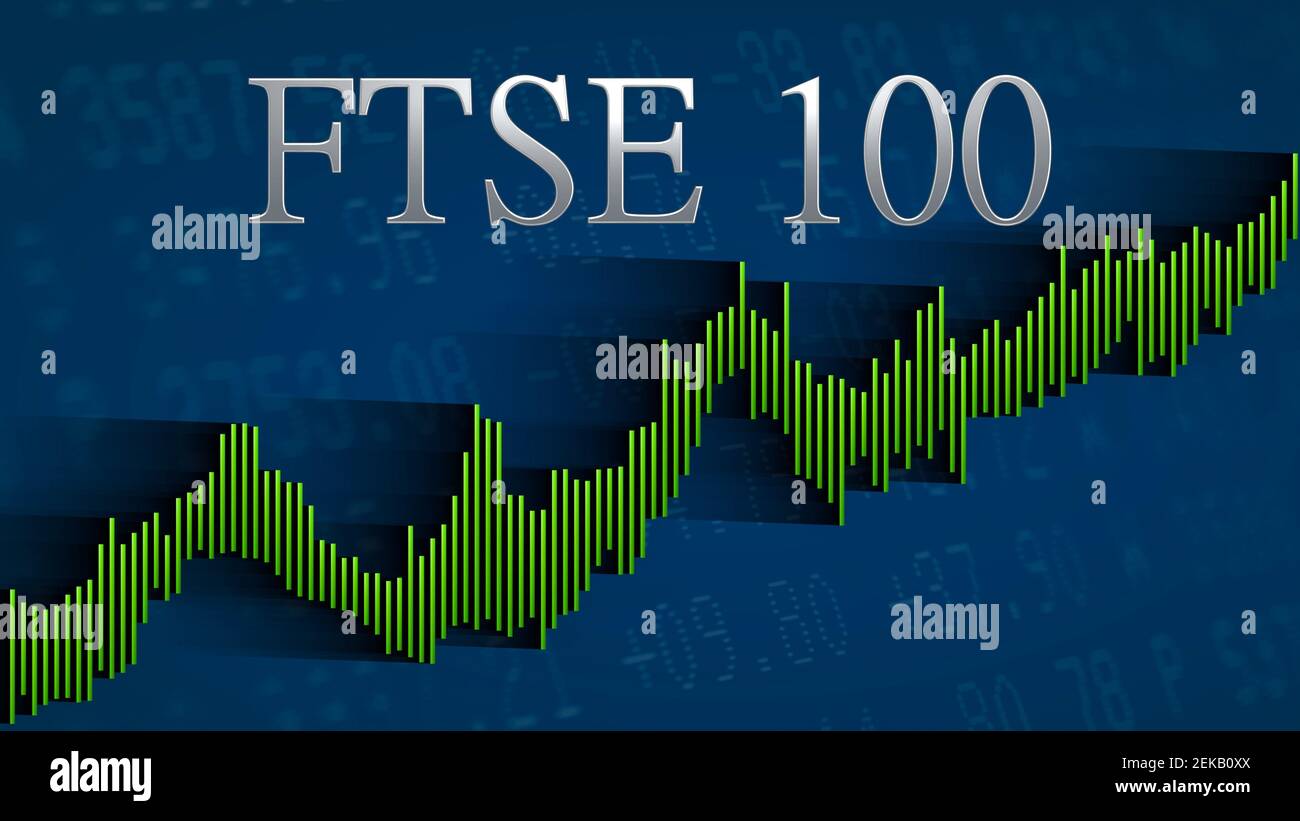
The Bank of England should press ahead with cutting interest rates next month – despite a surprise uptick in inflation – says the CEO of one of the world’s largest independent financial advisory and asset management organisations.
UK headline inflation rose to 3.6% in June, data from the Office for National Statistics showed on Wednesday, ahead of the 3.4% expected by economists and unchanged from the previous month.
Core inflation, which strips out volatile food and energy prices, also ticked higher to 3.7% from 3.5% in May.
However, the chief executive of deVere Group, Nigel Green, says the marginal overshoot is no reason for the central bank to delay a rate cut in August – which markets widely expect and which he believes would be a “bold and correct call.”
“There’s no question the latest inflation data will spark some jitters,” he says.
“But one slightly hotter-than-expected reading should not knock the Bank off course. A cut next month is still warranted – and, frankly, necessary.”
He continues: “Inflation has fallen considerably from its double-digit peak. What we’re seeing now is the bumpy endgame. The disinflationary trend remains intact, but it was never going to be perfectly smooth.”
Nigel Green notes that UK wage growth is softening, job vacancies are falling, and the broader economy remains under pressure from the Bank’s tight policy stance over the past two years.
“The real risk now is overkill,” he warns. “With inflation moving in the right direction and the labour market starting to weaken, holding rates too high for too long could do unnecessary damage.”
The deVere CEO argues that the Bank of England is in a different position to the US Federal Reserve, where services inflation remains stickier and the economy is running hotter.
“The UK is not the US. Britain’s economy is more fragile, and our inflation outlook more benign. The BoE has room to move and should take it.”
His comments come just days after BoE Governor Andrew Bailey said rates were “on a downward path” and hinted the Bank would be prepared to move more decisively if labour market slack increases.
Markets are still pricing in a 25-basis point rate cut at the Monetary Policy Committee’s 6 August meeting, which would bring the base rate down from its current 4.25%.
Nigel Green says a summer rate cut would offer “timely and targeted support” to households and businesses at a point when economic momentum risks stalling.
“Too many consumers are still feeling the aftershocks of the cost-of-living crisis,” he says. “Mortgage holders are under pressure, and confidence remains fragile. A well-judged rate cut would help to steady the ship.”
He adds that delaying action until inflation drops below 2% could “trap the economy in a prolonged slump.”
“Central banks are meant to look forward, not react to each data print. Waiting for perfect numbers is a mistake. The time to act is when the broad conditions warrant it – and they do.”
The deVere CEO also believes a rate cut would help restore balance to the pound, which has remained relatively strong this year, making UK exports less competitive.
“The Bank doesn’t target sterling, but it can’t ignore it either. A more competitive currency would help growth at the margins and ease some imported inflation,” he says.
With the European Central Bank and Bank of Canada already cutting, and the Fed preparing the ground for a move, Nigel Green says the Bank of England risks being “the laggard” unless it shows leadership.
“Caution has its place, but not when it leads to paralysis,” he concludes.
“A rate cut in August would be a clear signal that the Bank is serious about supporting growth, jobs and stability, while staying alert to inflation risks. It’s the right move, at the right time.”













